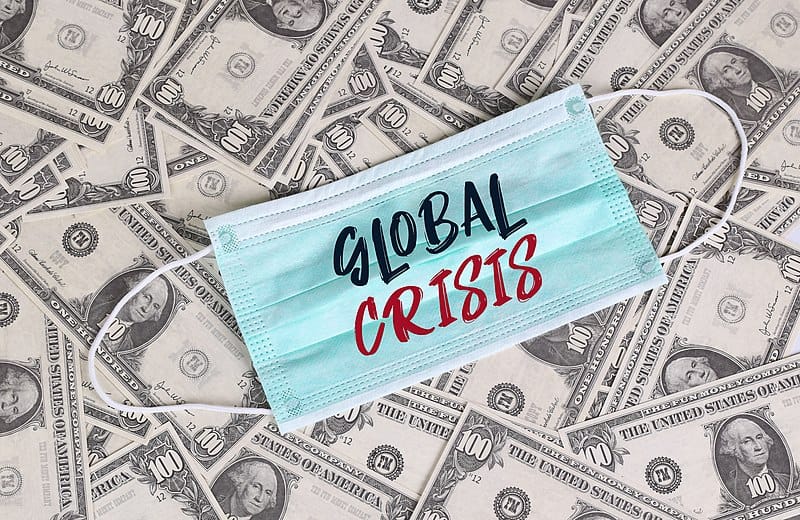China’s top banking sector regulator has sounded a warning over the potentially disastrous fallout of US monetary policy decisions for dealing with the economic impacts of the COVID-19 pandemic.
In an essay published by Qiu Shi (求是) on 16 August Guo Shuqing (郭树清), head of the China Banking and Insurance Regulatory Commission (CBIRC) and party secretary of the Chinese central bank, pointed to inevitable “major difficulties” for the Chinese financial system in future, as both domestic and overseas markets come under pressure due to the COVID-19 pandemic.
Guo said that the slew of macro-policies adopted by China to deal with COVID-19 had been “fully necessary,” but also warned of leverage gains and the revival of shadow banking activity as potential consequences.
When unanimous expectations of interest rate falls strengthen, this can drive growth in leveraged transactions and speculative behaviour, and expedite a new round of asset bubbles.
Real estate prices in some regions have started to rebound, and financial resources could once again concentrate in high-risk areas.
Borrowers with comparatively poor credit could use repayment delays and other beneficial policies to maliciously abscond from their debts, and structurally complex, high-risk shadow banking could readily make a sweeping return.
With regard to the international economic environment, Guo warned of the impacts of the policies adopted by other government to deal with COVID-19 in their own jurisdictions.
Internationally many countries, and in particular the most developed countries, have adopted forceful stimulus measures.
Some countries have implemented unlimited quantitative easing policies, and unleashed huge volumes of liquidity onto the market, directly financing or providing guarantees to individuals and enterprises.
In the short-term these methods are of benefit to stabilising the economy and finance, but great uncertainty surrounds their medium and long-term results.
There is no such thing as a free lunch in this world, and there is no feast under heaven which doesn’t come to an end.
In the international monetary system, which is guided by the US dollar, the unprecedented and unlimited quantitative easing policy currently implemented by the US is in actuality also consuming US dollar credibility and eroding the foundations of global financial stability, which will have negative consequences that are difficult to imagine.
Emerging economies could face multiple pressures including imported inflation, contraction of foreign currency assets, and volatility of exchange rates and capital markets.
What’s even more worse is that the world could once again return to the brink of global financial crisis.
In order to deal with salient financial risk Guo said that Chinese regulators would focus in particular upon eight key areas:
- Fully drive the national economy towards the restoration of normal cycles.
- Accelerate financial supply-side structural reforms.
- Dispose of non-performing assets to the greatest possible extent.
- Prevent high-risk shadow banking from making a return.
- Promptly dispose of various forms of institutional risk.
- Steadily expand the external opening of the Chinese financial sector.
- Pragmatically strengthen education and protections for financial consumers.
- Further strengthen the guidance of the Chinese Communist Party with regard to financial work.
Related stories
CBIRC Warns of Weak Regional Lenders, Resurgence of Risk-fraught Shadow Banking Post-COVID-19
CBIRC Commits to Further Squeeze on Shadow Banking Following 16 Trillion Yuan Decline




